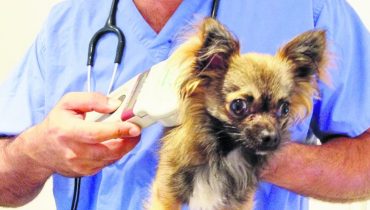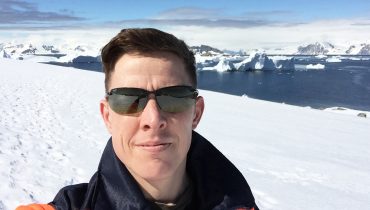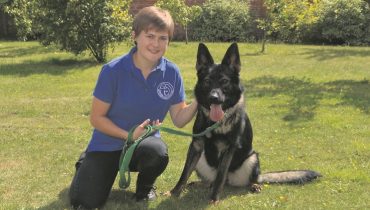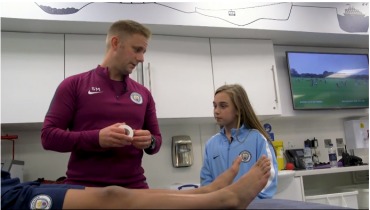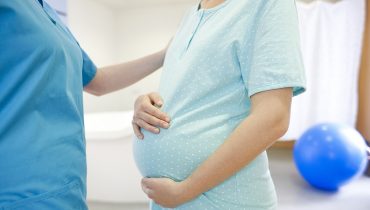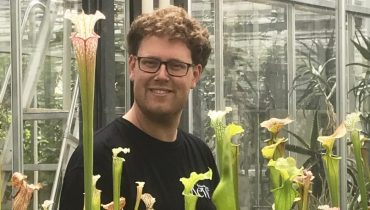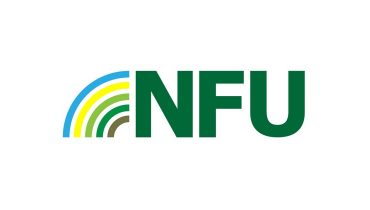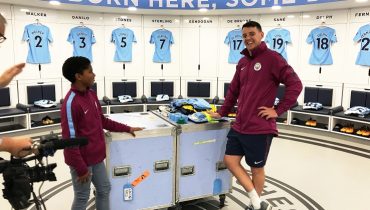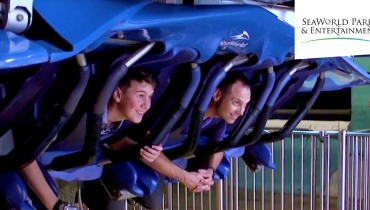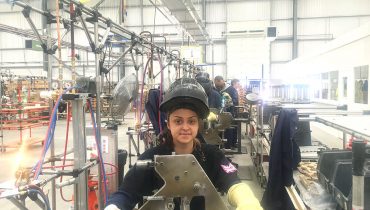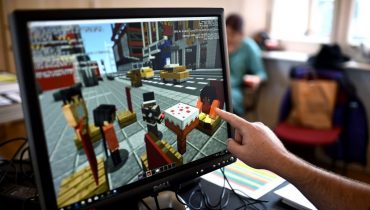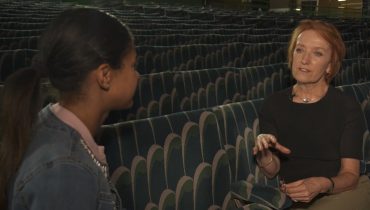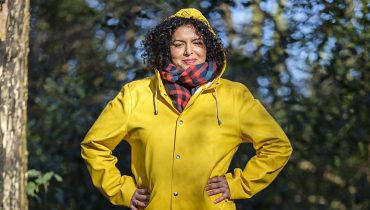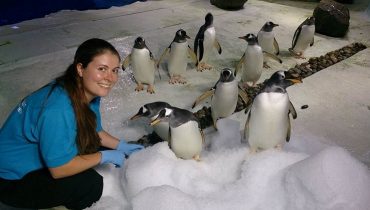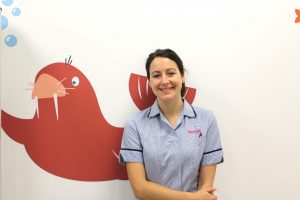
Emma Raywood
Senior Physiologist
In First Careers’ interviews and online films, you’ll meet lots of different people with lots of different jobs! BT has been finding out how technology is changing jobs and what skills people need to make the most of it.
What I do
I am a senior respiratory physiologist at Great Ormond Street Hospital (GOSH). We measure lung function in children, as well as diagnose and monitor conditions like asthma or cystic fibrosis, by playing fun breathing games and using other tests.
How I got my job
I always wanted to work in healthcare. After completing my degree in physiology, I started my career by working in research, and with children with cystic fibrosis.
What I love about my job
I love working with children and meeting lots of different people every day! Working in the lung function team is fun because we play computer games as part of the testing, so the children usually have a good time. I really like physiology as it explains how the body works, and we often teach courses or lectures and go to national and international conferences. This is a really good way to share what we know, and keep up to date.
What is difficult about my job
When children are very sick it can be difficult, but if you can play a part in helping them have a nice day, that can be quite rewarding.
What skills I need
Empathy, patience, numeracy and logical thinking.
How do you use technology in your job?
Technology is a key part of lung function testing, as we use computer games to encourage children to try their hardest. Our equipment, which is called a spirometer, uses a laptop and an air-flow measurer (a pneumotachograph) to convert a patient’s breathing into digital signals, which can then be read by the computer to work out the lung function results.
How has that changed over your career?
Before my time, the spirometers didn’t have computers! A pen moved as you blew, and the physiologist had to measure how far the pen moved to get the results. The new systems are much better and keep improving all the time, with better calculations and new games.
Where should young people start if they want to do the job, too?
Physiology combines biology, chemistry, physics and maths. Picking science at A Level is important; I did biology and chemistry. An applied respiratory physiology degree where you do placements on the job, or a taught degree, such as biomedical or sports science, is a good choice, too. The NHS careers page has more information at first.news/nhscareers.


